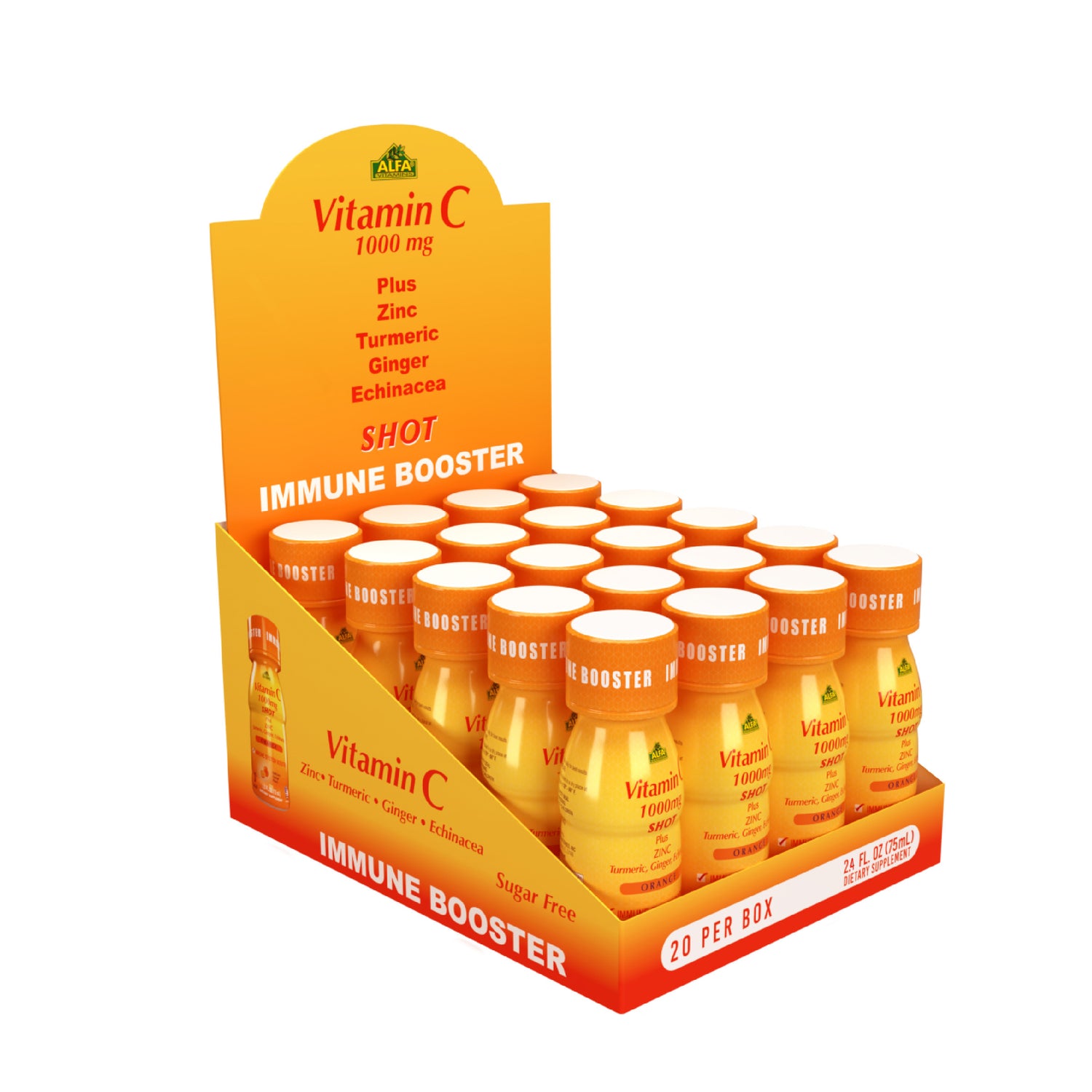
How to cope with Stress?
Share
Q: With parties, special events, shopping for gifts, buying food, cooking, and traveling to visit family out of town, I tend to overdo it and become anxiety-ridden, irritable, stressed out, fatigued, and sometimes downright depressed during the holidays. Is there a supplement you could recommend to take the edge off and help me feel more relaxed and balanced? —Julianne S., Chicago
A: If I had to pick one supplement to help manage stress, it would be magnesium. First of all, magnesium is an essential dietary mineral that nearly half of all Americans—and by some estimates up to 80 percent—don’t get enough of from their diets. And magnesium is so good at managing anxiety and stress that it’s sometimes been called a natural “chill pill.”
Furthermore, magnesium is sequestered and wasted via the urine in times of stress. That means you need more during stressful times. Stress can cause magnesium depletion, and a lack of magnesium magnifies stress. It’s important to understand that stress comes in many different forms—from physical to mental to emotional to environmental. So, having an airplane flight delayed when you haven’t had much sleep, going too long without food when you’re out holiday shopping, being exposed to environmental toxins, or drinking alcohol and trudging through a snowstorm all spell extra stress that increases the need for more magnesium.
Magnesium seems to act on many levels to improve the body’s response to stress and help reduce or eliminate its adverse effects. The mineral has been shown to control the activity of the hypothalamic-pituitary-adrenal (HPA) axis, which is considered to be the main stress response system.
In The Magnesium Miracle, author Carolyn Dean, MD, ND, explains that when you are under stress, your body creates stress hormones, causing a cascade of physical effects, all of which consume magnesium. If the stress continues and you don’t rest or replace your magnesium between stressful episodes, your magnesium stores become depleted. Then when you are faced with the next stressor, your stress hormones—adrenaline and cortisol—cannot activate your magnesium reserves, which calm those hormones’ effects. Without the calming effects provided by sufficient magnesium, adrenaline revs up your heart rate, elevates your blood pressure, and tenses your muscles in a fight-or-flight reaction.
Magnesium & Anxiety and Stress
The correlation between magnesium and anxiety is so strong that researchers can actually intentionally induce anxiety in lab animals by depriving them of magnesium. After studying the effects of magnesium for decades, Dean believes that to put an end to anxiety, you must boost your magnesium level.
One of the most common signs of magnesium deficiency is muscle tightness and cramping. Tight muscles make you feel tense, and magnesium is a natural muscle relaxant. It’s also essential for nervous system regulation, and it is one of the few nutrients known to increase brain plasticity. Your brain’s ability to heal itself, create new brain cells, and make new neural connections throughout life is known as brain plasticity, or neuroplasticity. Increasing brain plasticity can help you rewire your anxious brain.
Magnesium & Depression
Depression often goes hand in hand with anxiety, and magnesium is a safe, effective, and low-cost option for treating depression. Serotonin, the “feel-good,” mood-boosting brain chemical, depends on magnesium for its production and function. One study found that supplemental magnesium provided significant relief from general depression and major depressive disorder quickly, often within one week. In another, subjects who took supplemental magnesium experienced an improvement in symptoms of depression and anxiety after just two weeks.
You’re Probably Not Getting Enough Magnesium from Food

Since the body can’t make magnesium, we need to get the mineral from food and/or supplements. Good food sources include dark leafy greens such as Swiss chard and spinach; seaweeds; seeds such as pumpkin, sesame, and flax; legumes; and nuts such as almonds and cashews. But medical research has shown that Americans consistently struggle to get the recommended amounts of 310–420 mg per day. In addition to dietary shortages and overactive stress hormones, taking too much calcium can also cause magnesium deficiencies. People who are particularly at risk for low magnesium levels include the elderly, those who regularly drink alcohol, and those with gastrointestinal issues.
Swiss chard is one of the best food sources of magnesium.
How Much Magnesium to Take and Which Forms to Use
Most multivitamins contain less than 100 mg of magnesium, so adding a separate magnesium supplement is the best way to ensure adequate intake of this vital mineral. Start slowly, with 150–300 mg a day. But if you exercise heavily, are under a lot of stress, or have health conditions associated with magnesium deficiency (ranging from high blood pressure to metabolic syndrome to depression), you may need considerably more.
You can take capsules, tablets, or powders (that you can mix into beverages). Pay attention to the type of magnesium used in a formula—some brands are buffered with a cheap form of the mineral such as oxide. Magnesium citrate is the most commonly used form in supplements. Additional bioavailable forms include glycinate or bisglycinate, malate, taurate, orotate, and threonate. “Chelated” magnesium means the mineral has been combined with an amino acid, rendering it easier to absorb.
Serotonin, the “feel-good,” mood-boosting brain chemical, depends on magnesium for its production and function.
Magnesium supplementation is incredibly safe. If you end up taking too much, the main side effect is loose stools. You can easily solve that problem by taking less of the supplement or sometimes by switching to a different form of magnesium.
Using Magnesium as Topical Relief for Sore Muscles
Do you get sore, tight muscles when you shop until you drop or when you carry heavy bags while traveling? Pills and powders that you take internally can help. But, for more immediate relief, you may prefer these external ways of getting magnesium directly on your sore spots.
- Take Epsom Salts baths. Add several cups of Epsom salts (magnesium sulfate) into a warm tub of water and enjoy a good long soak to soothe achy muscles
- Try topical magnesium oils or sprays. These products allow you to deliver magnesium directly to sore muscles to help the muscles relax. Some people use them as an alternative way to get magnesium into the body while bypassing the digestive system.
Case Study on Magnesium & Anxiety
I’ve personally seen magnesium make dramatic improvements in people’s lives. Take, for example, a 58-year-old client of mine named Hugh. With a physically demanding and psychologically stressful job, Hugh was often very anxious, and his neck and shoulder muscles were extremely tight. Both of these conditions made it difficult for him to fall asleep at night. (It’s worth noting that all of these are common symptoms of magnesium deficiency.)
I recommended that he take magnesium supplements—and the results were amazing. Within 10 minutes of taking his first supplement, he felt calmer, and he experienced dramatically looser neck and shoulder muscles. He’d previously been very nervous going out in social situations, but once he started taking magnesium, he found himself more relaxed and able to loosen up and have fun when going out. He told me he found it easier to cope with many different kinds of stress. And with better resistance to stress and more relaxed muscles, he was finally able to get a good night’s sleep.
Written by Melissa Diane Smith for Better Nutrition


